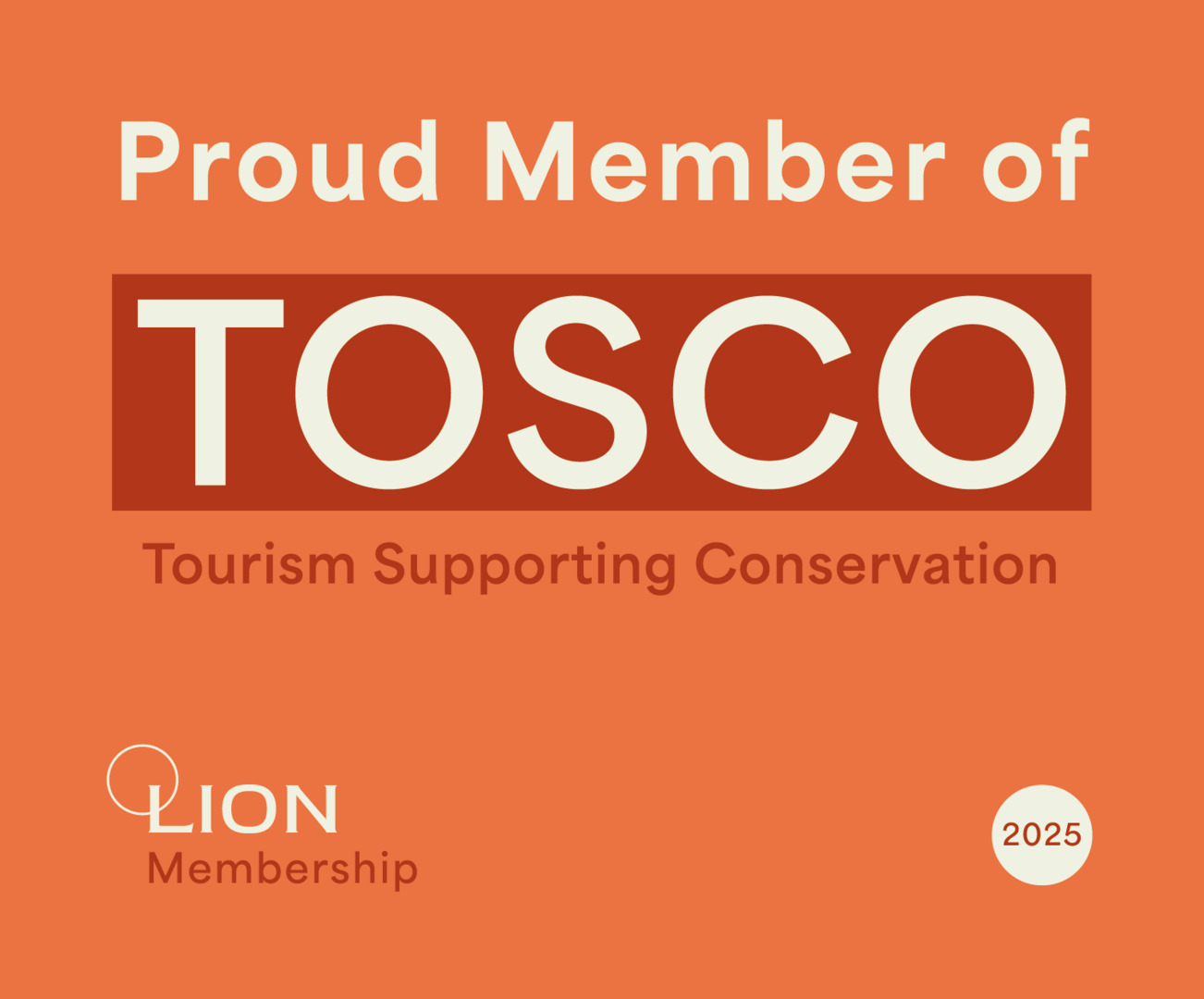Blog Post
As we progress through 2024, sustainability in the hospitality industry is no longer only an option, but a necessity. Numerous reports indicate that this year marks a pivotal moment where sustainability is becoming a critical factor in hotel operations. The industry must find a balance between environmental responsibility and profitability, as sustainability impacts people, places and the planet. While sustainability has been a buzzword in hospitality for years, it’s now a crucial selling point for eco-conscious travellers.
But – do consumers genuinely care about sustainable practices enough to seek out eco-friendly properties? The answer is a resounding yes, though the extent varies among different demographics. According to the United Nations World Tourism Organisation, hotels account for 1% of global emissions, a figure that is poised to rise as demand for accommodation increases, also in Namibia. Implementing sustainability initiatives is therefore essential to mitigate these impacts. A sustainability report by Booking.com reveals that 68% of clients are interested in eco-friendly hotels and 87% of travellers worldwide want to travel sustainably. Clearly, sustainability is now a demand,
not just a desire.
O&L Leisure has, for years, embraced sustainability across its properties, ensuring they are authentically green. Our properties exemplify our commitment to sustainable practices in numerous ways including energy efficiency, water management, recycling and waste reduction, amenities and cleaning products and procuring and supporting local.
STRAND HOTEL SWAKOPMUND

The Strand Hotel Swakopmund stands out in the Namibian hospitality industry, having been awarded the Best Hotel Development at the 2017 Africa Property Investment (API) Summit, shortly after its opening. This accolade highlighted the hotel’s innovative and environmentally sensitive design, which aligned with the local heritage and landscape.
The consulting engineers for utilities, ventilation, and air-conditioning, played a significant role in making the Strand an energy- and water-efficient establishment. Their design focused on resource efficiency, selecting durable equipment to withstand the harsh environment and ensuring a lifespan of 20 to 25 years without major refurbishments. The Strand Hotel Swakopmund is still a leader in sustainable practices, setting a benchmark for other hotels in Namibia.
MIDGARD

Midgard has become a model of sustainability and environmental respect. A notable initiative is their on-site vegetable garden, which supplies many of the vegetables used by the hotel. This project reduces their carbon footprint by cutting down on transportation needs and provides fresh produce for guests and employees. The goal is to eventually supply most of the seasonal vegetables consumed at the estate. More than 6 years ago Midgard constructed a solar power plant with a peak output of 128 kilowatts, an investment of N$4 million.
This plant, developed by O&L Energy and Cronimet Mining Power Solutions, was and still is part of O&L’s green journey, projected to save N$17 million in electricity costs while significantly reducing carbon dioxide emissions over the next 25 years. The plant includes a Monitoring and Energy Management System that optimises power consumption and contributes to cost savings on electricity
MOKUTI ETOSHA

Newly re-built in 2022, Mokuti Etosha has implemented several eco-friendly initiatives. The lodge features a tree walk where guests can learn about indigenous trees and their uses. They planted Spekboom, a super-efficient carbon dioxide to oxygen converter, throughout the property. All wet waste is recycled for fertiliser and compost, while dry waste is sent to recycling plants. Additionally, all sewage water is recycled and grey water is used in the gardens.
Public bathrooms at Mokuti are equipped with motion-detected lights, all of which are LED to conserve energy. The lodge also runs a solar plant that powers operations during the day. They support local communities by buying vegetables, fruits and juices and employ local craftsmen and the Hai//om people for cultural experiences and entertainment.
Mokuti has its own greenhouses for growing herbs and specialty vegetables and has set up an earthworm farm and a compost dump for that special touch within nature. The lodge minimises plastic use by providing glass water bottles and biodegradable packaging
CHOBE WATER VILLAS

As far back as 2018, O&L Leisure and Cronimet Mining Power Solutions inaugurated Namibia’s largest photovoltaic and storage system at Chobe Water Villas. This system supplies the entire lodge with clean energy, featuring a 150 kWp solar photovoltaic system and a 332 kWh LithiumIon energy storage system. Managed by an intelligent controlling system, the plant ensures reliable and sustainable energy supply, significantly reducing operational costs and carbon emissions.
Chobe Water Villas, located in the Kasika Conservancy, is a 7-star establishment committed to preserving the natural beauty of its surroundings. On a transboundary scale, Chobe Water Villas is part of the Great KAZA Birding Route initiative and shares KAZA’s goal of establishing a world-class trans frontier conservation and tourism destination area. The lodge also uses eco-friendly building materials and responsible waste management practices, ensuring minimal environmental impact.
Sustainability is an integral part of O&L Leisure’s operations, reflecting a deep commitment to environmental responsibility. Our innovative practices across all properties not only enhance guest experiences but also ensure that we contribute significantly to the global effort to combat climate change. As the hospitality industry moves forward, O&L Leisure sets a strong example of how properties can operate sustainably while maintaining profitability and high standards of service.
AUTHOR
O&L Leisure - Michelangelo Magazine










